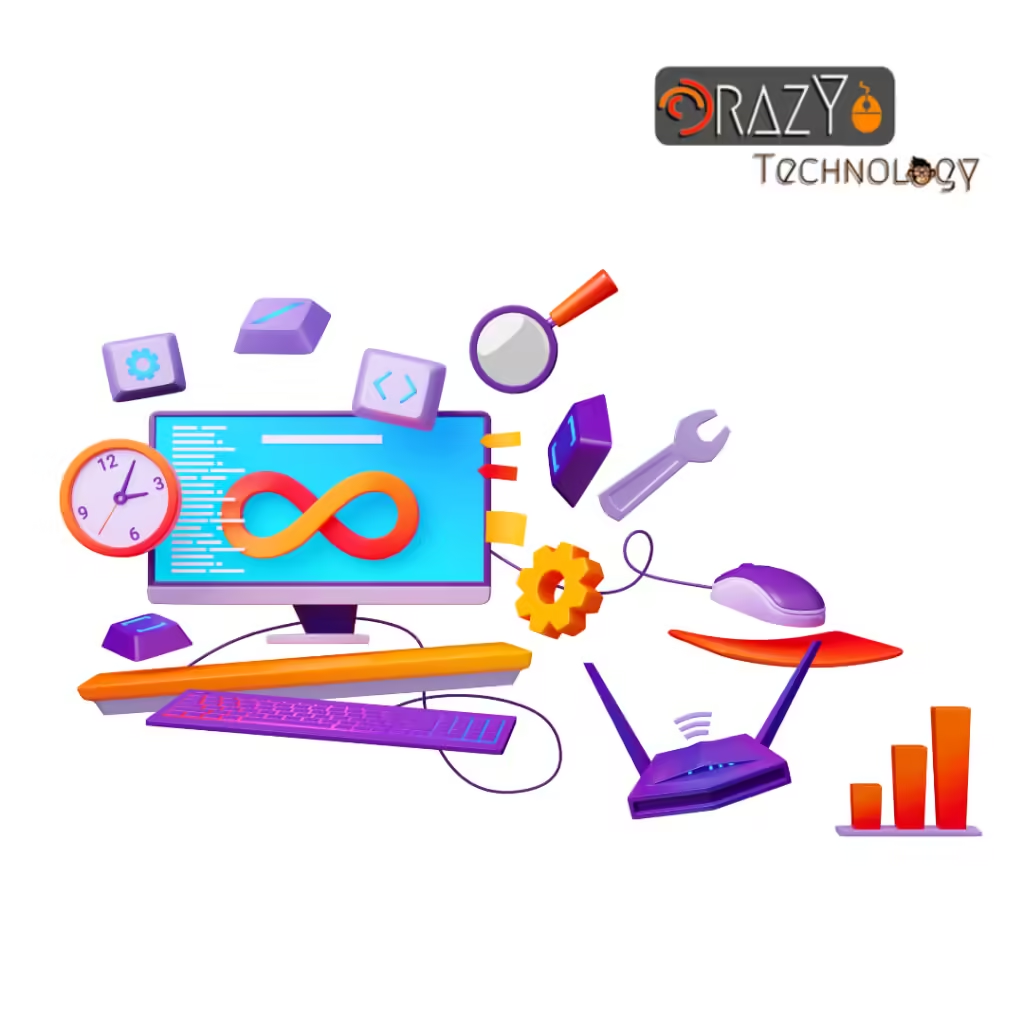1.Visual Studio Code: Powerful code editor with extensive plugins.
Visual Studio Code (VS Code) is a lightweight code editor designed for a streamlined code-build-debug workflow. It supports essential development operations, including debugging, task automation, and version control. Unlike more robust integrated development environments (IDEs) like Visual Studio, VS Code focuses on providing just enough functionality for quick development tasks, allowing users to add more features through a wide range of extensions. This flexibility makes it ideal for developers who prefer a lean environment while still having powerful customization options.
2.Git: For version control, paired with GitHub or GitLab.
Git is an open-source DevOps tool designed for source code management and version control, allowing teams to collaborate on projects of any size. It tracks changes in code and supports non-linear workflows, meaning multiple developers can work on branches independently, merging their changes later. Git is integral to collaborative software development, enabling teams to manage code versions, experiment with new features, and resolve conflicts efficiently.
3.Docker: Containerization for easy deployment and scalability.
Docker is a platform for building, testing, and deploying applications quickly by using standardized, isolated containers. Each container includes everything required to run the software, such as libraries, system tools, code, and runtime, which makes it easy to maintain consistency across development, testing, and production environments. Containers are lightweight and efficient, enabling faster deployment and scaling of applications across various environments.
4.Postman: API testing and collaboration tool.
Postman is a versatile tool for API development and testing that supports functional, integration, and regression tests. With its Node.js-based runtime, it allows you to write tests using familiar JavaScript patterns and libraries, simplifying the process of building and automating tests for APIs. This flexibility makes Postman ideal for managing complex workflows, ensuring APIs work as expected across various scenarios.
5.JIRA: Project management for tracking tasks and bugs.
Jira is a widely used agile project management tool that helps teams plan, track, and release software effectively. As a centralized platform, it offers a clear view of the entire development lifecycle, promoting collaboration across teams while aligning work with broader business goals. With features for sprint planning, backlog management, and reporting, Jira supports agile methodologies like Scrum and Kanban, making it ideal for development and operations teams aiming to deliver high-quality software quickly.

6.Figma: Collaborative UI/UX design.
Figma is a collaborative design tool widely used for creating, sharing, and testing digital interfaces for websites, mobile apps, and more. Its cloud-based platform allows designers, product managers, developers, and other stakeholders to contribute feedback, iterate quickly, and make informed design decisions. By fostering real-time collaboration, Figma accelerates the design process and helps teams deliver user-centered products with ease.
7.Slack/Discord: Team communication.
Slack is a workplace collaboration platform that centralizes communication, processes, and tools into one interface. By integrating people, data, agents, and AI-driven insights, Slack transforms how teams work, facilitating faster, organized, and goal-driven collaboration across organizations.
8.Jenkins: CI/CD pipeline automation.
Jenkins is an open-source, Java-based automation tool designed to support continuous integration and delivery (CI/CD). It uses plugins to automate building, testing, and deploying software, enabling developers and DevOps teams to integrate code changes frequently. This frequent integration results in early error detection and quicker access to new builds, making Jenkins invaluable for software development and DevOps workflows.
9.Notion: Documentation and productivity.
Notion is a versatile productivity tool that supports personal organization, team collaboration, project management, note-taking, and knowledge management. Its adaptable structure allows users to build custom workflows, integrating notes, tasks, databases, and various productivity tools all within a single interface. This flexibility makes it ideal for both individuals and teams looking to streamline tasks and manage projects seamlessly.
10.Webpack: For bundling and optimizing front-end assets.
Webpack is a powerful module bundler for JavaScript applications, supporting both ESM and CommonJS formats. It enables developers to compile and bundle various types of assets—like JavaScript, images, fonts, and stylesheets—into a single output. This streamlines web applications, ensuring faster load times, better organization, and easier management of dependencies and files across projects.













